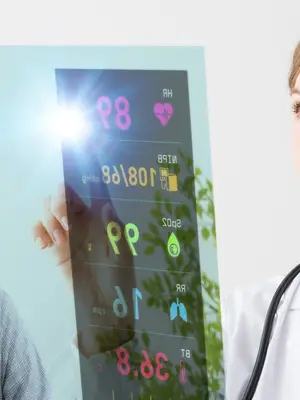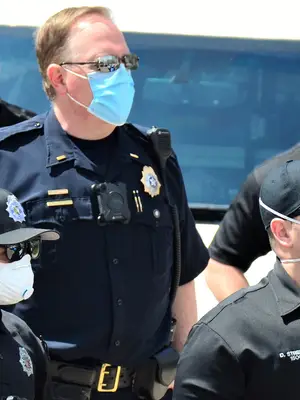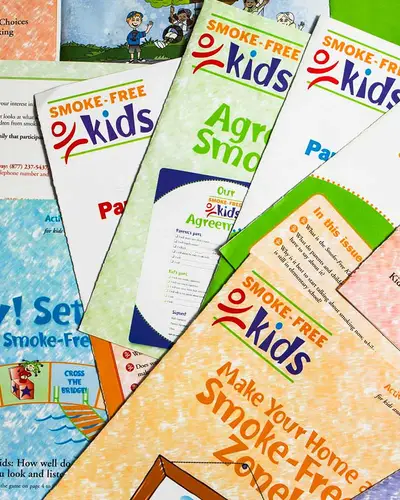Improving the prevention and treatment of mental illness with evidence-based solutions
Mental health is a critical component of overall health, dictating how we handle stress, make choices, and develop relationships. However, mental illnesses are among the most common health conditions in the United States. In 2021, 57.8 million U.S. adults aged 18 or older reported past year prevalence of mental illness, according to the National Survey on Drug Use and Health (NDSUH). Of those, 14.1 million reported a serious mental illness, such as major depression, schizophrenia, posttraumatic stress disorder (PTSD), or obsessive compulsive disorder.
For more than 30 years, RTI International has partnered with the Substance Abuse and Mental Health Services Administration on data collection efforts to measure the scope, prevalence, and treatment of mental illnesses. RTI researchers are building on this foundational knowledge to develop evidence-based solutions for mental health promotion and treatment, improved behavioral health outcomes, and suicide prevention and crisis services.
Mental Health Promotion and Prevention
The successful implementation of mental health promotion and prevention programs is essential for building resilience, eliminating stigma, establishing supportive environments, and enhancing overall well-being. Effective programs meet individuals where they are—whether in schools, the workplace, or the community—and involve community leaders with lived experience.
Our researchers understand the vital role of evidence-based, trauma-informed prevention in addressing the mental health crisis. Through the National Institute of Justice–funded Comprehensive School Safety Initiative, RTI studied the implementation, cost, and outcomes of three school-based mental health services in North Carolina’s Charlotte-Mecklenburg Schools. RTI also conducted a secondary analysis of the Coping Power prevention program to understand its effectiveness in reducing suicide and internalizing behavior in youth in a project funded by the National Institute of Mental Health.
Mental Health Treatment
According to data from the 2021 NSDUH, in the past year nearly half of those who reported the prevalence of mental illness received treatment services, including inpatient care, outpatient services, prescription medication, and virtual care.
Despite substantial improvements in the number of Americans seeking mental health services, new, more effective treatment protocols are still needed. Since 2014, our experts have been studying the effectiveness of stellate ganglion block (SGB) for the treatment of PTSD. SGB involves the injection of a local anesthetic into the stellate ganglion to help regulate the “fight or flight” response. After a 5-year randomized controlled trial, the procedure was proven effective for PTSD treatment in 2019. RTI researchers are now evaluating whether SGB can be an effective treatment for other conditions, such as anxiety and suicidal thoughts.
To improve access to mental health treatment services, researchers at RTI have experience partnering with local communities to increase their capacity to provide outpatient therapy and psychiatric services through a variety of methods, such as introducing a telehealth model.
Suicide Prevention and Crisis Services
Between 2000 and 2021, the suicide rate increased by approximately 36% and is now the second most common cause of death for individuals aged 10 to 14 and 20 to 34 in the United States, according to the Centers for Disease Control and Prevention (CDC). In 2021, more than 48,000 Americans died by suicide.
In response to this growing public health emergency, many organizations have developed crisis hotlines to assist individuals experiencing mental health crises. These hotlines include national lines, such as the 988 Suicide and Crisis Lifeline and Crisis Text Line, as well as demographic-specific services such as the Teen Line and the Veterans Crisis Line.
Evaluation and research of these services is imperative for understanding their effectiveness and guiding future improvements. Experts at RTI are designing an evaluation of the 988 Suicide and Crisis Lifeline, developing research questions, data sources, and methods.
Related Projects
Empowering Youth Mental Health Through Advanced Technology and Research
Read More about Empowering Youth Mental Health Through Advanced Technology and Research





































